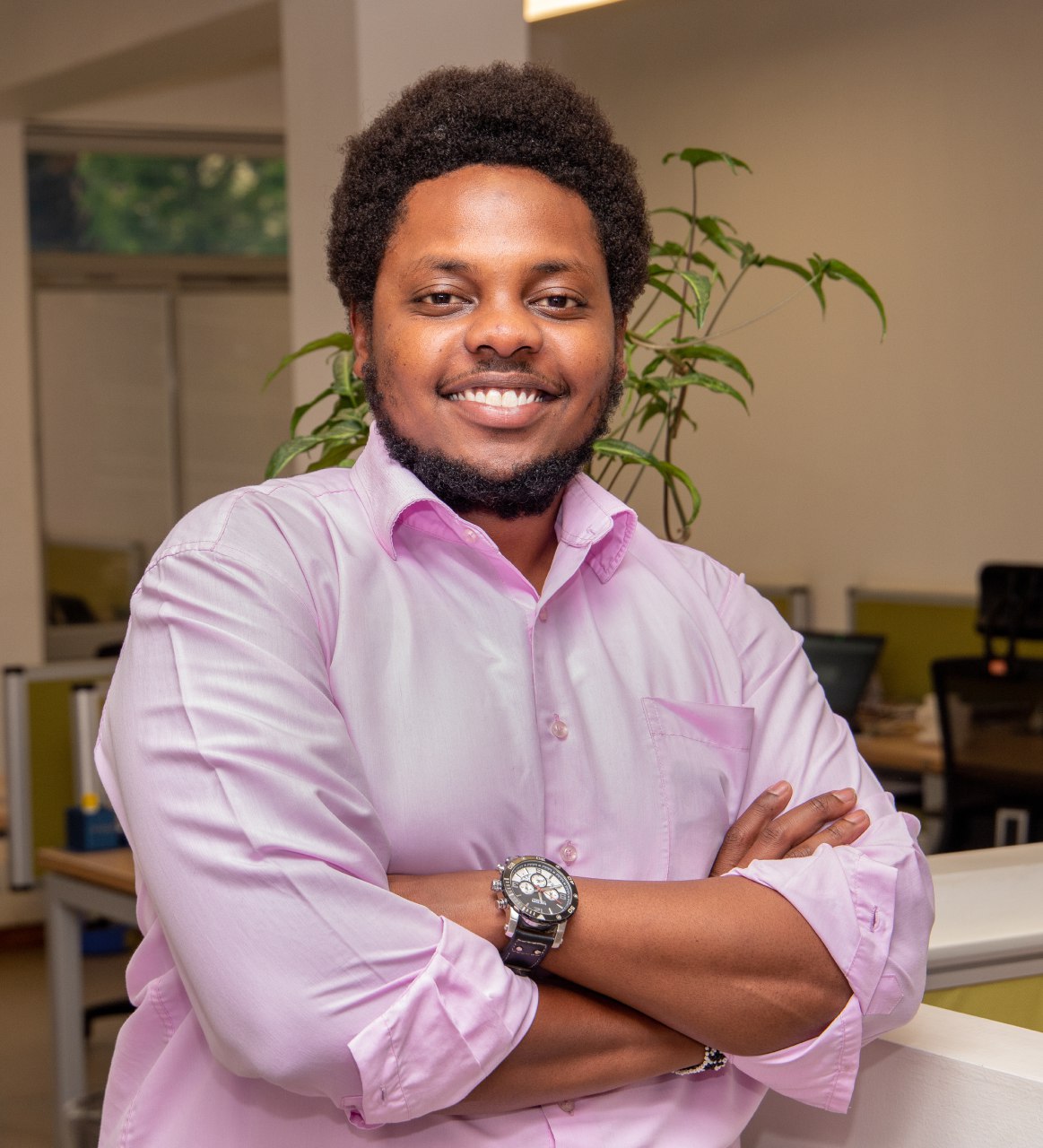Our first episode, which ran on May 18, 2021, tackled one of the complex issues in startups; building, engaging and sustaining a community. Undoubtedly, a community plays a crucial role in a startup’s life. Building one is strenuous, intentional work.
But, first things first, what is a startup community? By my definition, a startup community is a group of individuals with aligned interests and passions. Many have offered a wide array of descriptions, but that is as basic as it goes. Benson Githaiga, MiC’s Community Manager, defines it as a network of people and institutions that add value to each other and help each other succeed just like any network.
Now, depending on the startup needs, the community varies. Sheila Birgen, an ecosystem enabler and innovation community builder, emphasises understanding the purpose of your community. She explains, “There are various reasons why you build a community, and each community has its own purpose bringing a specific, if not unique value, to your startup.” According to Sheila, these communities may be an internal community comprising your team members who work to ensure the operability of your startup or a customer/user community that is solely interested in consuming your products through purchase.
“Another type could be your social media community from Facebook, Twitter, Instagram, TikTok, LinkedIn etc. As much as they are broadcasting platforms, there are users who get to see and engage with your content from there. All in all, the point is, know what type of community and its value to your startup,” Sheila said.
Benson pointed out the importance of having an ambitious vision and a soaring vision when building a community. The two concepts guide you on who to have in your community and what other activities to include. “The soaring vision is the alignment to your startup goals. It guides you on who to bring on to your community and actively contribute in achieving set goals while the driving vision helps you understand what kind of activities can keep them engaged with your startups,” Benson noted.
“The activities done for the community members helps with knowing them in depth. You understand their needs, their pain points helping you improve your startup.”
The importance of transparency
Wowzi co-founder and CEO, Brian Mogeni, noted that transparency is critical when building and engaging your community. He stresses the need for trust between the startup and the community to ensure longevity. “A crucial cog in community building and engagement is transparency between the startup founder(s) and community. Most startups will try and be dodgy about the use of membership fee, for example. Once that trust is broken, community members opting out is imminent. As they say, honesty is the best policy,” added Mogeni.
In his remarks, Antonio Kisembo, head of training at the Media Challenge Initiative (MCI) Uganda, illustrated the need to get back up when you hit a setback. Antonio mentioned their first event that didn’t attract as many members as they thought it would and how not giving up helped them stay focused.
“Our first event was not a good one. Attendance was very low, but we didn’t let that deter us. We kept going because we believed in ourselves and what we are building as MCI. We also took it upon ourselves to engage amongst ourselves to ensure every team member’s idea is heard and considered. Eventually, our community grew as they saw determination and commitment to succeed regardless of the challenges,” added Antonio.
As we rounded up the conversation, panelists echoed one sentiment: hire the right community manager! Someone lively, bubbly, outgoing, excellent interpersonal skills, great relationship builder, easy to approach and interact, understands mood, among other skills is the person you would want to help your startup build and sustain your community.
Similarly, all your team members should have the primary customer relationship skills to handle your community. As a communication practitioner, I always say, “Your staff/team members are your number one brand ambassadors”. It’s also crucial for them to understand the company process. As Sheila rightly put it, “Your accountant may be asked a question regarding another department, and he or she may not know about it. But if he/she knows the right person to refer the enquiry, there will be no loss of members due to frustrations.”
In the end, building and engaging a community is no small task. Every startup will need something different to be successful, and they may not all find success immediately. But always remember, it’s up to you to guide and manage your community to grow it into the asset you have in mind. So build your community with people, not for them or at them. Let them invest in it, and they will play a part in growing it.
Join us for the next episode of #ConversationsAtTheMiC, where we’ll discuss leadership in startups.
 Caleb Chuma
Caleb ChumaThe MV (Media Viability) Talks, hosted at the MCI Media Hub events space, aim at finding solutions to the existing viability challenges of the media industry in Uganda and East Africa. Check out the Youtube playlist.
How to build a sustainable future for media? A discussion with Fausta Musokwa, Tanzania Media Foundation (TMF), Njoki Chege, AKU Media Innovation Centre and Abaas Mpindi, Media Challenge Initiative (MCI).
International experts from Africa, Europe and United States discussed at the Media Challenge Expo 2020 on new business revenue models for media in times of uncertainty.
A series of presentations created by DW-Akademie focussing on relevant topics that can help people working on media viability.